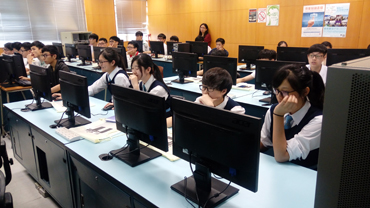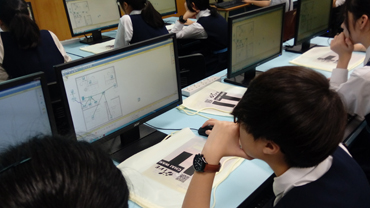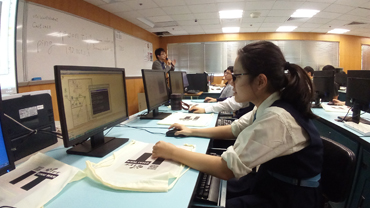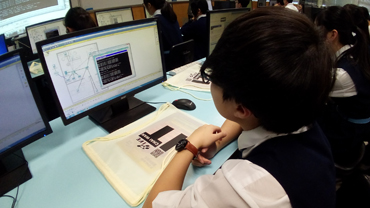I.T. Department

Aims
- To enable students to acquire the skills of information technology and apply them to their study and everyday life.
- To enable students to be acquainted with various common software packages and to use them.
- To enable students to learn about privacy issues and the importance of protection of intellectual property in the development of information technology and the related actions taken.
- To enable students to develop an understanding of the computer system and information technology.
- To develop students' problem-solving, critical thinking and communication skills as well as their self-learning ability.
- To enable students to evaluate the impact of computer and information technology on people’s lives and to examine moral issues concerning computer use.
- To enable students to develop their own values and attitudes regarding the proper use of computer and information technology.
- To enable students to communicate and acquire knowledge by themselves through the use of the Internet
Directives
- To enable students to appreciate the importance of electronic computation and its effect on society.
- To develop technological literacy in students through the cultivation of technological capability, technological understanding and technological awareness.
- To enable students to develop a systematic and precise way of thinking and solving problems.
- To enable students to acquire general knowledge of information technology, both in the hardware and software sense.
- To educate students to have a moral and civic sense in computer-related activities.
- To enable students to develop the IT skills needed to handle electronic information in the modern world.



